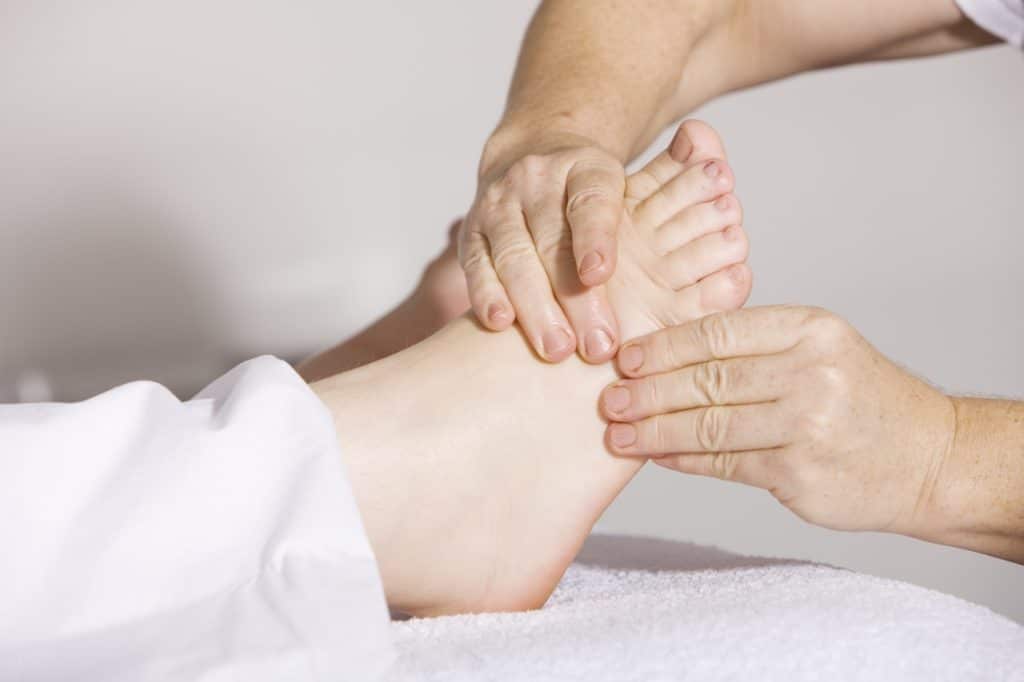Lymphedema is a hereditary condition that results in disfiguring of the body through swelling and poor drainage of lymph fluid. In addition to being hereditary, it can also be caused by infections, radiation, physical trauma, and after a surgical procedure. Such as scary condition can give you many questions about regarding treatment, risks, and lifestyle choices. Here are some of the most frequently asked questions regarding lymphedema that you should be aware of.
What Exactly is Lymphedema?
Lymphedema is swelling that occurs once the lymphatic system is damaged, causing protein-rich fluids to build up across the lower extremities. The lymphatic system is responsible for mobilizing infection-fighting cells to combat anything attacking the immune system.
How Can I Tell If I Have Lymphedema?
Lymphedema can look different in each individual, with common signs being redness and blotchy, warm appearances around the affected area. The affected area can also develop sensations of itching and burning or develop a fever. Checking with your doctor is highly recommended, as these symptoms are also present in other conditions.
Am I at Risk of Getting Lymphedema Following My Breast Cancer Treatment?
The risk of lymphedema has progressively been declining with surgical procedures becoming safer over the years. Breast cancer surgery initially carried a 50% risk of developing lymphedema, but that has now dropped to a lifetime risk of approximately 15-25%. When radiation is not present during breast cancer surgery, the risk drops even further, to approximately 6%.
Will Radiation Increase the Risk?
Similar to breast cancer treatments, the risk of lymphedema will increase with the presence of radiation. Specifically, radiation traumatizes the lymph nodes; however, not all radiation therapy is the same.
Will Exercise Help with Fighting Lymphedema?
Physical exercise is always beneficial to our bodies and also beneficial for patients who have undergone cancer surgery. However, frequent exercise should be cautioned until the body is ready for it. Pushing your body further than it should go following surgery is not recommended, as your body needs rest following such an invasive procedure.
What is a Recommended Treatment for Lymphedema?
Utilizing compression garments and consistent exercise is the initial treatment recommended for lymphedema. Alternative options are available for long-term treatment, such as manual lymphatic drainage. This treatment directs the protein-filled fluid back to the central circulation of your body where it can be redistributed. If the fluid is in excess of what your body should typically have, then it will be directed to your kidneys and expelled from your body in normal urine.

